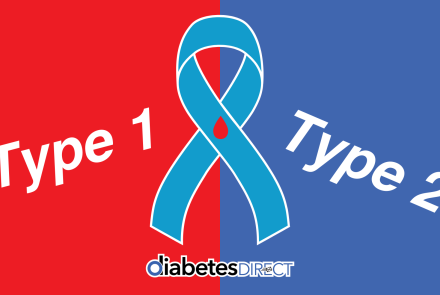What You Need to Know About Diabetic Neuropathy
Diabetic neuropathy is a type of nerve damage that can occur in people with diabetes. It is a common complication of diabetes and can cause a range of symptoms, from mild discomfort to severe pain. In this blog, we will discuss what diabetic neuropathy is, its symptoms, risk factors, and treatment options.
What is Diabetic Neuropathy?
Diabetic neuropathy is a type of nerve damage that occurs in people with diabetes. High blood sugar levels can damage the nerves that control sensation and movement in the arms, legs, and feet. Over time, this damage can lead to a range of symptoms, from mild tingling and numbness to severe pain and muscle weakness.
Symptoms of Diabetic Neuropathy
The symptoms of diabetic neuropathy can vary depending on the type and severity of the nerve damage. Some common symptoms include:
- Tingling or numbness in the hands, feet, or legs
- Burning or shooting pain in the hands, feet, or legs
- Muscle weakness or loss of coordination
- Digestive problems, such as nausea, vomiting, or diarrhea
- Sexual dysfunction, such as erectile dysfunction or vaginal dryness
- Bladder problems, such as incontinence or difficulty urinating

Risk Factors for Diabetic Neuropathy
Several factors can increase the risk of developing diabetic neuropathy, including:
- Poor blood sugar control
- High blood pressure
- High cholesterol
- Smoking
- Obesity
- Advanced age
- Family history of neuropathy
Treatment for Diabetic Neuropathy
The treatment for diabetic neuropathy depends on the type and severity of the nerve damage. Some common treatment options include:
- Blood sugar control: Maintaining good blood sugar control is essential for preventing and managing diabetic neuropathy. This can be achieved through a healthy diet, regular exercise, and medication if necessary. Check out our blog on zero-to-low calorie sugar substitutes to satisfy your sweet tooth without spiking your blood sugar levels.
- Pain management: Over-the-counter pain medications, such as acetaminophen or ibuprofen, can help manage mild to moderate pain. For more severe pain, prescription medications may be necessary.
- Topical treatments: Creams or ointments containing capsaicin or lidocaine can help relieve pain and discomfort.
- Physical therapy: Exercises and stretches can help improve muscle strength and coordination, reducing the risk of falls and injuries.
- Surgery: In severe cases, surgery may be necessary to remove damaged nerves or repair nerve damage.
Conclusion
Diabetic neuropathy is a common complication of diabetes that can cause a range of symptoms, from mild tingling to severe pain and muscle weakness.
If you are experiencing symptoms of diabetic neuropathy, it's important to talk to your healthcare provider to determine the best course of treatment. With proper management, it is possible to prevent or delay the progression of diabetic neuropathy and maintain a good quality of life.
- Log in to post comments






